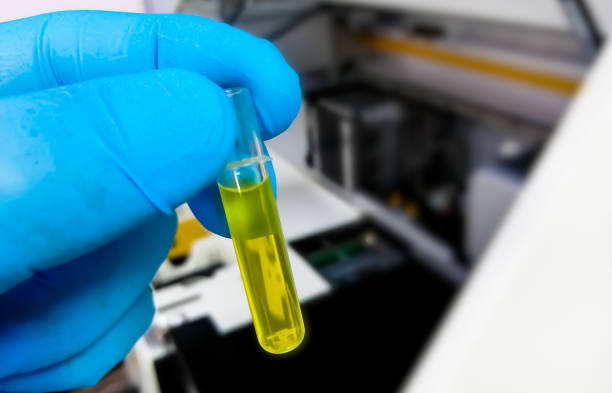
PLEURAL EFFUSION
What is pleural Effusion?
A pleural effusion is a buildup of fluid between the layers of tissue that line the lungs and chest cavity.Pleural effusion is a medical condition characterized by the accumulation of excess fluid in the pleural space, a thin, fluid-filled membrane surrounding the lungs. The pleural space normally contains a small amount of fluid to lubricate the movement of the lungs within the chest cavity. However, when an imbalance occurs between the production and absorption of this fluid, pleural effusion can develop.
Which underlying conditions responsible for pleural effusion?
Various underlying conditions can contribute to pleural effusion. Some common causes include congestive heart failure, pneumonia, lung infections, malignancies, liver or kidney diseases, and pulmonary embolism. Additionally, traumatic injury or inflammation of the pleura can lead to fluid accumulation.
Symptoms of Pleural Effusion?
Chest Tube- Insertion of a chest tube to remove air, fluids or pus around the lung.
Removal of fluid between the lungs and the chest- Inserting a needle through the chest to remove excess air or fluid from around the lungs.This procedure called Thoracentesis.
FAQs
What is the surgical procedure to drain a pleural effusion?
Thoracentesis
What is the general surgery for pleural effusion?
A pleurectomy is a procedure to remove the lining between the lungs and the chest wall.
Which antibiotic is best for pleural effusion?
Penicillins, penicillins with beta-lactamase inhibitors, cephalosporins, and fluoroquinolones.
What is a non surgical treatment for pleural effusion?
Draining pus using a needle inserted through the chest wall (thoracentesis) or by inserting a tube through the chest wall to drain infection (thoracostomy).

Helping you with-
- Free Consultation
- Satisfactory Treatments
- 24/7 Service

